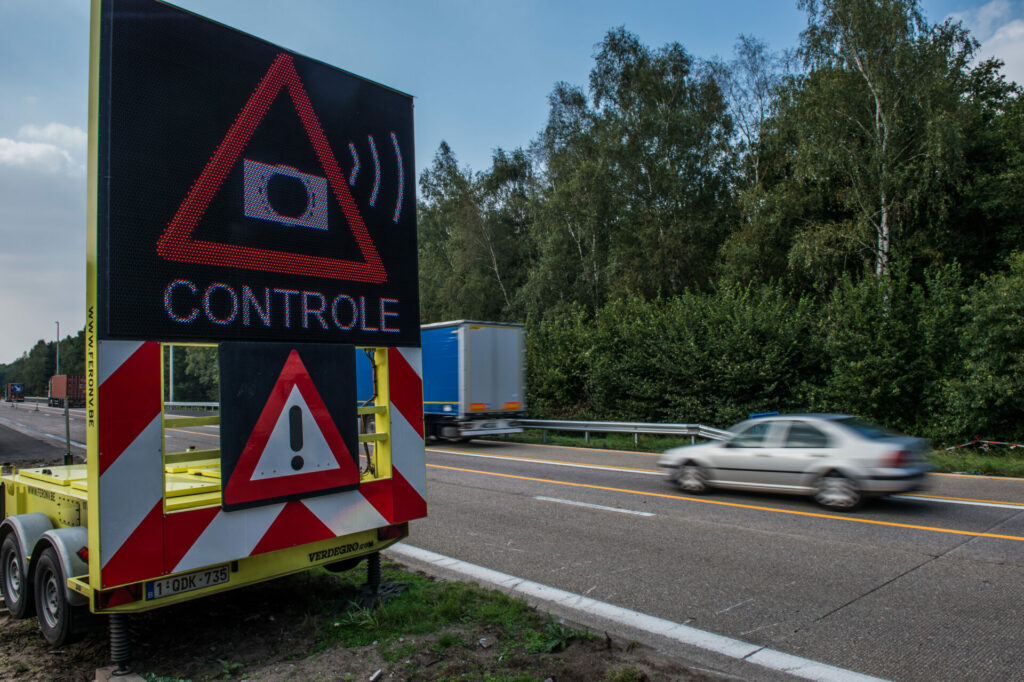Since last year, Flemish municipalities have been given the power to issue their own administrative fines (so-called GAS fines) for minor speeding offences. But these are proving to be ineffective, according to the Mobility Council of Flanders (MORA).
The Flemish Parliament in 2021 decided to give local governments a lever to promote road safety by allowing them to deal with minor speeding offences under the GAS 5 policy, which also aimed to ensure a more efficient return on investment for local governments that finance their own speed enforcement.
Yet several months later, this regulation has proved to be "severely flawed," MORA has argued. "GAS 5 creates impunity for repeat offenders, is unfair and prevents a progressive road safety policy in Flanders, partly because it is impossible to combine with a points-based driving licence," the Council stated.
MORA stressed that adapting the GAS 5 regulations won't solve these problems and has therefore has advised the Flemish Parliament to debate implementing an alternative system, namely the so-called "Crossborder Traffic" system which is already in place in Belgium, which the Council said is fairer to all road users while being more balanced and forward-looking.
Related News
- Repayment plan for traffic fines for those facing financial hardship
- Cars caught speeding on Belgian motorways at 129km/h will always be fined from end of August
This system centralises and digitises the way that fines are managed and processed, simplifying administrative processes for the police, justice departments and citizens. It also means that foreign license plates can be identified automatically and provides the Justice Department with an overview of a person's traffic offences.
It has also asked the government to agree with the Flemish Parliament to create "robust regulations" for enforcing minor speeding offences.

